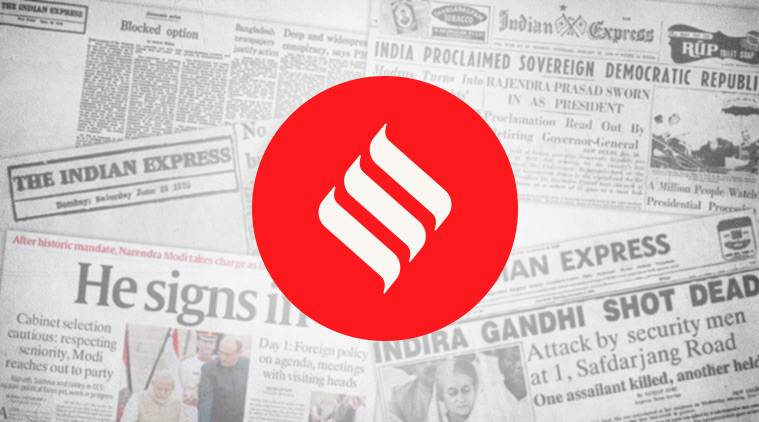
When Krishna Sobti died on Friday, India lost more than a doyenne of Hindi writing who saw four generations and in her own words, a “thousand sunsets”. She had refused the Padma Bhushan during the UPA’s tenure. The winner of the Sahitya Akademi award, she was equally happy to give it up too when, in the wake of murderous attacks on rationalist writers and the Akademi’s indifference to the murdered Kannada writer, MM Kalburgi, it seemed more important to return it, to make a point.
Sobti’s ‘Mitro Marjani’, a bold expression of a married woman’s desires, could have led people to cast Sobti as a “women’s writer”. But she was not to be slotted. Her voice, often writing as a man, under the pseudonym, Hashmat, retained fluidity. Her legendary ‘Zindaginama’, over which she fought a court case regarding copyright with the other literary great, Amrita Pritam, remains a landmark in Hindi literature.
Sobti is among the last of her generation to go — those who connect 20th century India to its birth in 1947. She recognised the immense power of being a writer and chronicler of the tumult that India faced, especially in North India at Partition.
Born in Pakistan’s Gujrat, her latest ‘Pakistan Gujrat se Bharat Gujarat’, was more than just a clever name. It hinted at India’s regression from self-confident secularism towards a pale imitation of Pakistan’s ideals. Unlike many successful writers happy to limit themselves to nostalgia, Sobti embraced all the years of her life. Her comments and concerns on seeping majoritarianism were as sharp today, as was her take on what happened when India was partitioned. Her ability to listen in and chime with the nation’s soul will be missed immensely.